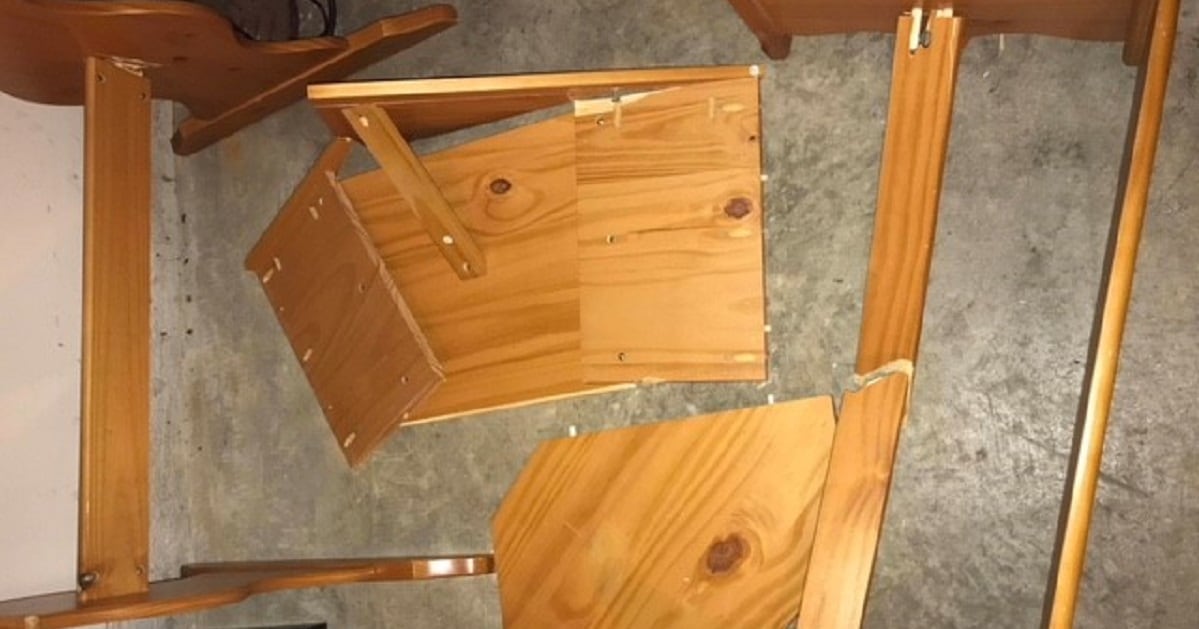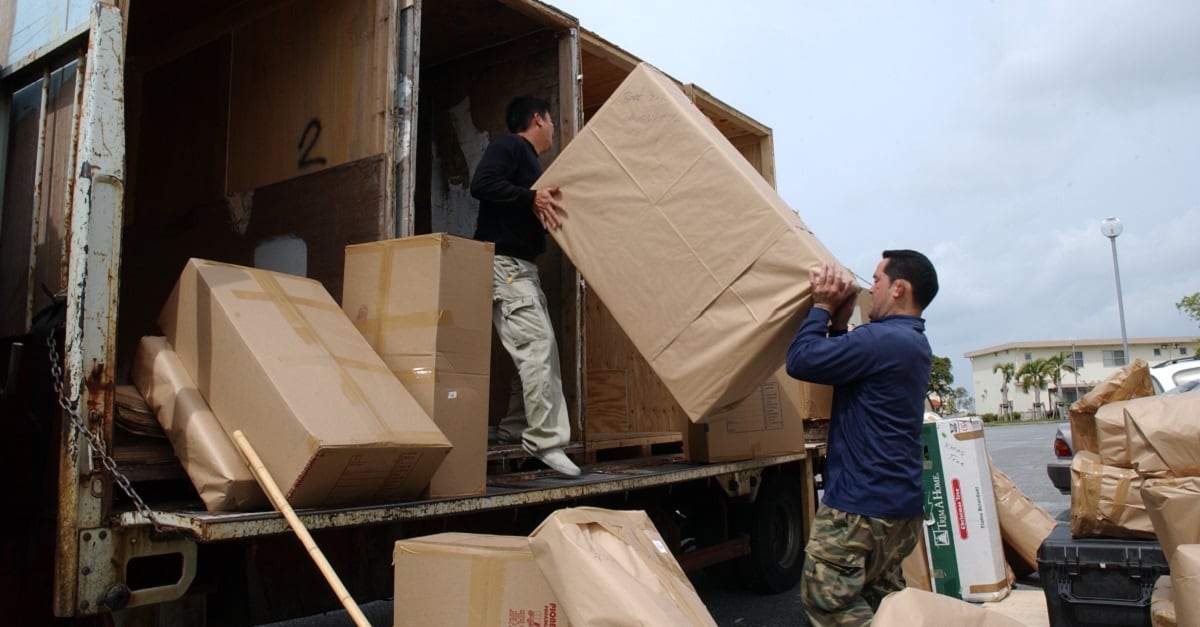One military wife was so frustrated by how long it was taking to get her family’s unaccompanied baggage shipment from overseas that she took matters into her own hands: She paid more than $200 to rent a U-Haul and drove it to pick up the small shipment out of storage herself.
Like many other military families this moving season, this family has had delays in the delivery of their household belongings. They’ve paid $4,000 as they’ve waited out the delays, and they’ve had trouble communicating with the moving company.
“We have a kid with a disability and she needs to sleep in a bed, not on an air mattress," the military spouse said. "We had to dip into our savings. I’m curious how much worse this is on enlisted families out there who don’t have the money.”
Because these delays cause hardships for military families, they have the option to file an inconvenience claim with the transportation service provider — the company that was awarded the shipment. Some families don’t realize this, and they may not get clear information about where to file a claim.
These claims are separate from the claims for reimbursement for damage or loss to household goods that’s discovered at delivery, although both are filed with the transportation service provider.
It is the transportation service provider’s responsibility to deliver a shipment on or before the required delivery date, said Army Maj. Dave Dunn, spokesman for U.S. Transportation Command, which oversees DoD’s shipment programs for household goods and privately owned vehicles. The transportation service provider is awarded the shipment by TRANSCOM’s Defense Personal Property Program, but usually subcontracts with other companies to pack, load, haul, unload and unpack the military shipments.
If the shipment isn’t delivered on time, the service member can file an inconvenience claim with the TSP, not the subcontracting companies.
“Service members should contact their TSP regarding what is paid for with an inconvenience claim prior to making purchases,” Dunn said.
An inconvenience claim is not an entitlement, he said, adding that it likely won’t cover the $200 this military wife paid to rent the U-Haul.
RELATED

Service members are not entitled to per diem when household goods don’t arrive on time, but they can be reimbursed for certain expenses. It’s important to keep those receipts. The maximum amount of reimbursement can’t exceed the daily lodging and meal per diem rate.
Examples of some out-of-pocket expenses that can be covered are lodging, meals, laundry service, and furniture/appliance rental. Rental furniture includes beds/air mattresses, cribs, sofa, chairs, table, appliances and one TV per customer. It also could include purchase of sheets, towels, pots and pans, paper plates, napkins and disposable cutlery. Itemized receipts are required for lodging, meals/food, and furniture rentals. These expenses must be reasonable and relate directly to relieving a definite hardship.
The TSP has seven days to acknowledge an inconvenience claim and 30 days to pay it, according to TRANSCOM. If there is a disputed claim, the service member can contact the installation’s personal property office for help in resolving the dispute.
Other points to remember:
- The name on the moving truck is likely not the name of the company you should contact when there are problems with the shipment, or when you need to file an inconvenience claim. The transportation service provider often sends an email to the service member when the shipment is first awarded, with contact information. Keep that contact information handy.
- Officials stress that the best point of contact for service members with problems is the personal property/transportation management office at their installation. If there are problems with pickup and packing, contact the office at the current location. If there are problems at the end of the road, contact the office at the new location.
- Use Move.mil to find more details on regulations, claim forms, and other information.
- Those experiencing financial hardships can also contact their military relief society to request assistance.
Karen has covered military families, quality of life and consumer issues for Military Times for more than 30 years, and is co-author of a chapter on media coverage of military families in the book "A Battle Plan for Supporting Military Families." She previously worked for newspapers in Guam, Norfolk, Jacksonville, Fla., and Athens, Ga.




